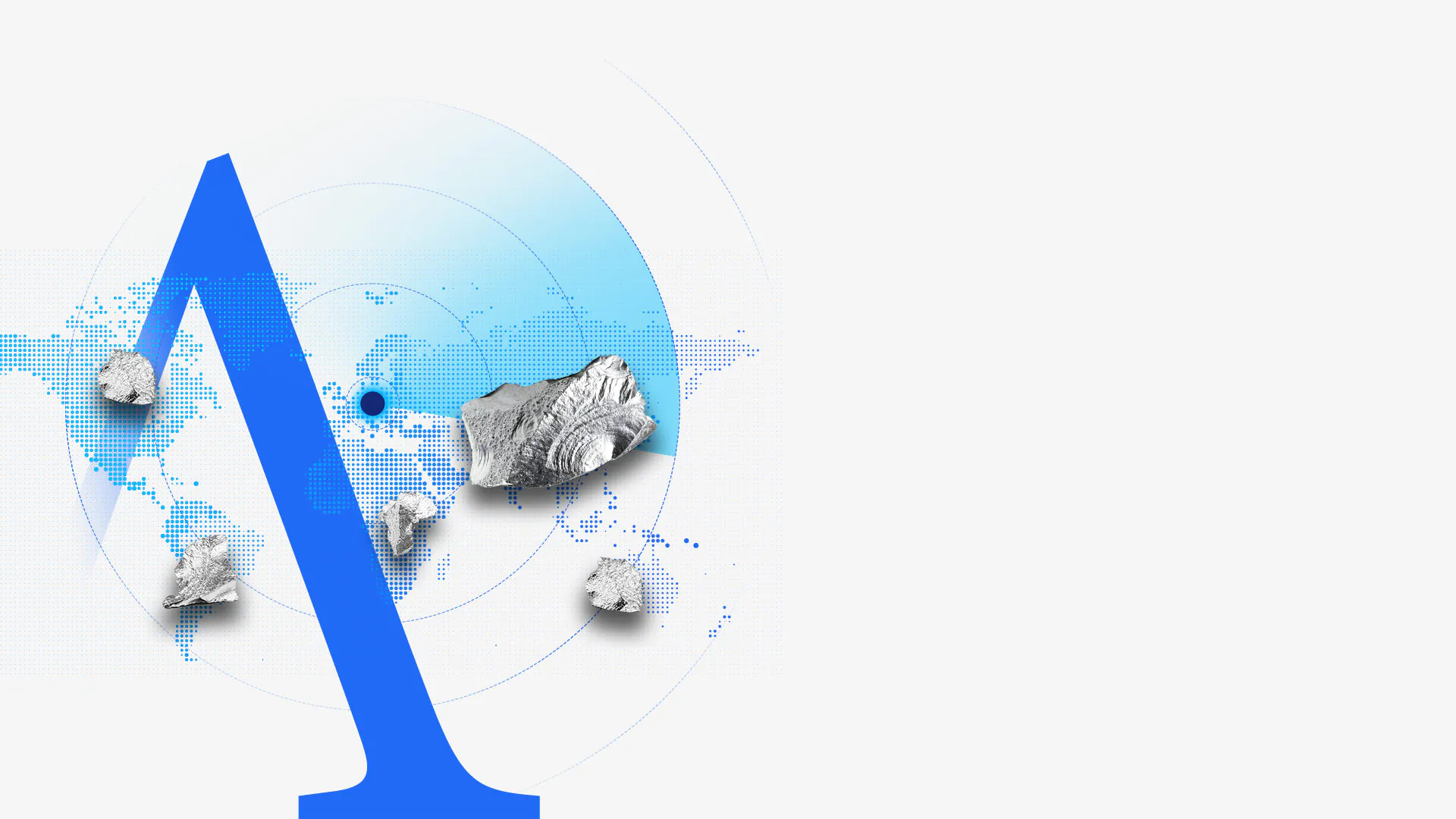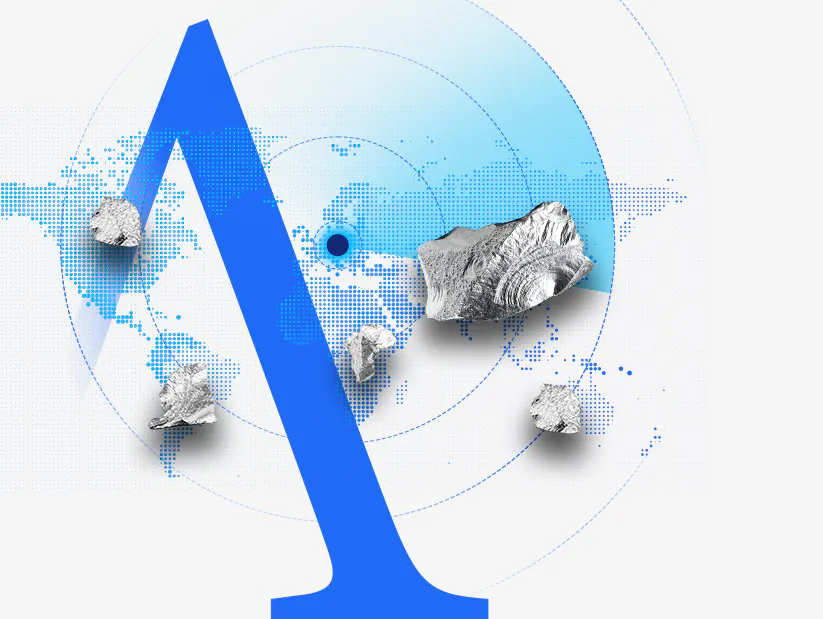

Atreus in the media
Can the mechanical engineering sector decouple itself from China on raw materials?
Guest article by Atreus Directors Dr Christian Frank and Patrick Julius in Springer Professional on 15 August 2023.
The interdependence of many companies and industries with Asian markets, especially China, raises significant questions. Can this dependency be broken? And is there even a need for it?
The role of mechanical engineering
Mechanical engineering sources a significant part of its raw materials from China, especially for electric motors and wind generators. Diversification of suppliers and raw material sources is necessary. Recycling and domestic raw material extraction are part of the solution, but not sufficient on their own.
Patrick Julius adds: “The figures for mechanical and plant engineering also speak a clear language in this context: for example, in some cases far more than two thirds of the raw materials such as rare earths or silicon for the production of electric motors and wind power generators come from China. China is also the dominant supplier of production capacities for solar technology.”
The search for alternatives
To reduce dependence on China, German companies need to tap global markets and find new sources of raw materials. Diversifying supply and recovering raw materials are key strategies. Africa and other regions are seen as potential alternatives, but political uncertainties and investment costs must be considered.
The challenge of transition
Finding new partners and suppliers is a lengthy process. A complete withdrawal from China is not immediately feasible. Geopolitical developments should be factored into risk management. Companies must quickly minimise risks and expand market shares in other markets.
Conclusion: No hasty decoupling
A permanent decoupling from China is not advisable, as there will only be losers. Nevertheless, companies should not act naively. Many companies are evaluating and rebalancing their activities. While China remains a major trading partner, broader exposure to other countries and markets is essential.
Summary and outlook
The mechanical engineering sector’s dependence on China is a pressing issue. Complete decoupling cannot be implemented in the short term, but diversification of supply chains and raw material sources as well as increased risk consideration are crucial. The search for new markets and partners is a balancing act that requires careful planning to ensure long-term competitiveness.
Source: Springer Professional, guest article by Dr Christian Frank and Patrick Julius, published on 15 August 2023.
Your contact persons
Will be happy to answer your questions.
This article might also interest you
Atreus in the Media
Energy is the dominant theme for all board members and managing directors!
Atreus Director and Partner Martin Schulz on the subject of the energy transition and energy procurement in conversation with DVGW energie | wasser-praxis. The energy turnaround and risk management in security of supply are top priorities for many board members and managing directors.
 +49 89 452249-540
+49 89 452249-540 


